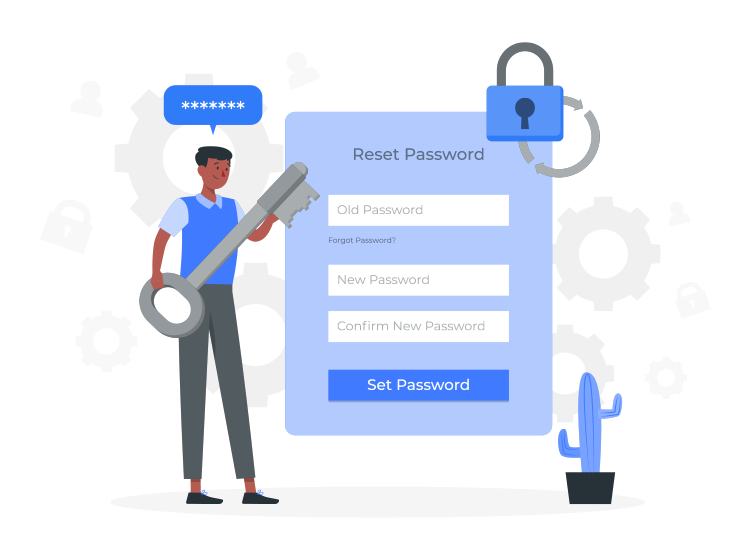
A data breach is a cyberattack that exposes personal information. This might mean that you can lose your passwords, access to your email accounts, or your bank accounts. Also, it means that your data is exposed.
Then, hackers use this information for malicious actions: to steal your money, to sell the data, etc.
How does it occur?
Although hackers try to breach websites, while looking for users’ personal information, a breach can also happen accidentally. But usually, cybercriminals hack the database of companies or authorities. Then, they search to access the information users shared with these entities.
As usual, criminals want to make some easy profit by using this data. So, the best targets for them are those entities, public or private, that own huge amounts of personal data. As villains can steal huge amounts of data from them, hospitals, colleges, and large companies are all in this target group.
Only in the second quarter of 2023, data compromises affected over 110 million accounts, 2.5 times more than during the first quarter. Attackers mainly targeted the United States, Russia, Spain, France, and Turkey.
So, villains usually:
- Use web application attacks, to information and use it to make money.
- Launch malware or social engineering attacks.
- Pierce systems (cyber-espionage) to steal data.
- Flood the system to affect the service (denial-of-service).
- Steal computers or documents from the company. In this case, they are usually insiders, who know the value of information.
Remember that these are just the most common ways they act.
What do they do with your data?
Once they have the data, attackers exploit it immediately, and they could:
- Withdraw money from your bank account, open and use credit cards under your name.
- Apply for governmental benefits, in their own interest.
- Open different paid accounts.
- Forge your passport for their own interest.
All these bring them money, and you can check here how much your information is worth for criminals, on the dark web.
How to protect and recover your data in case of a data breach?
We all know that it is better to prevent than to react. So, the best way to keep your data safe is by:
- Using only secure websites.
- Choosing strong and unique passwords for your accounts.
- Keeping your operating system and applications up to date.
- Monitoring your online transactions and credit reports.
Still, we are not all cybersecurity experts. So, no matter how many safety measures you take, you can become victims, as attackers find new ways to act. That’s why you need to know what to do in this situation. Here are the steps you should take:
- As companies are required to notify you if a breach occurs, pinpoint the affected accounts.
- Contact your financial institution, and change your account number. Also, set strong fraud alerts.
- Change your passwords and create strong new ones. A password manager is really helpful.
- Check your credit reports, and look for any suspicious transactions.
One way to prevent this from happening in the future is by using identity theft protection services. You can find a list of the best, here.
Remember to always stay safe. This will give you the peace of mind you deserve.

